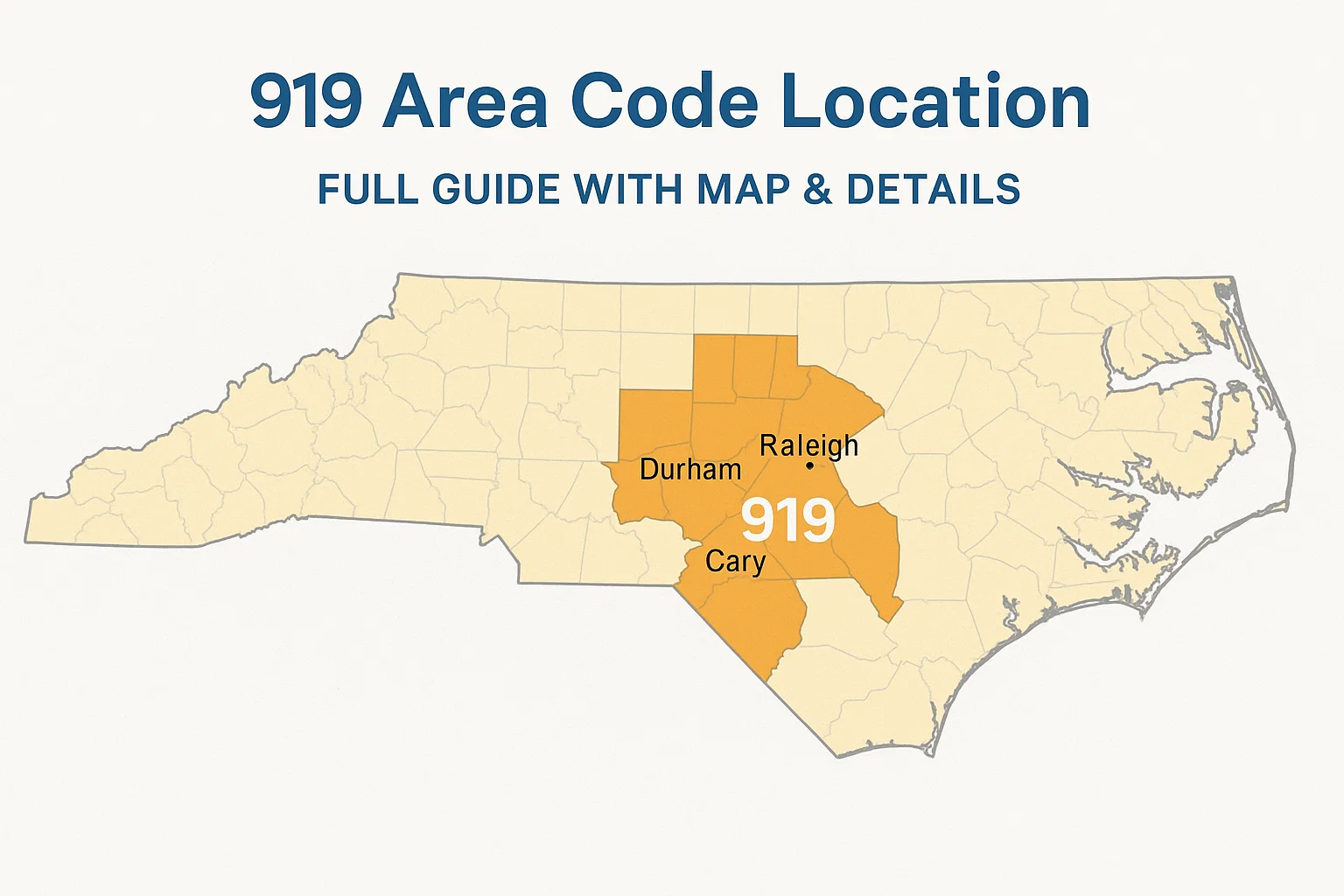Introduction Virginia Tech’s Out-of-State Tuition
Virginia Tech is one of the leading public research universities in the United States, located in Blacksburg, Virginia. It is renowned for its top-tier engineering programs, strong research output, and vibrant student life. While in-state students benefit from subsidized tuition, out-of-state students pay significantly more. If you’re considering applying to Virginia Tech from outside Virginia, it’s essential to understand the costs involved, especially the Virginia Tech out of state tuition, along with available financial aid, scholarship opportunities, and the overall value the university provides.
read more Wake Tech Blackboard Guide
1. What is Virginia Tech Out of State Tuition?
The Virginia Tech out of state tuition is the amount charged to students who are not residents of Virginia. Because Virginia Tech is a public institution funded by the state government, residents of Virginia pay a reduced tuition rate. Non-residents do not receive this subsidy and are charged more to reflect the true cost of education.
2024–2025 Estimated Tuition for Out-of-State Undergraduates
-
Tuition and Fees: $35,000 – $37,000
-
Room and Board: $10,500 – $11,500
-
Books and Supplies: $1,200
-
Personal Expenses: $2,500 – $3,000
-
Total Estimated Cost of Attendance: $49,200 – $52,000 per year
These numbers can fluctuate slightly depending on the student’s program, housing choices, and lifestyle. However, it’s safe to budget around $50,000 annually for out-of-state students.
2. Tuition Breakdown: What Does It Include?
Understanding the breakdown of the Virginia Tech out of state tuition can help students and families make more informed decisions.
a. Tuition and Mandatory Fees
-
Covers the cost of instruction
-
Includes access to campus facilities (library, labs, fitness center)
-
Supports student activities and university infrastructure
b. Room and Board
-
On-campus housing varies by residence hall and meal plan
-
Off-campus housing can be more or less expensive depending on location
c. Books and Supplies
-
Textbooks for some majors (like engineering or architecture) may be higher than average
-
Digital materials may reduce costs over time
d. Personal and Miscellaneous Expenses
-
Transportation, health insurance, entertainment, clothing, etc.
-
Virginia Tech offers budgeting tools for students to track their personal spending
3. Virginia Tech Tuition vs. Other Universities
How does Virginia Tech out of state tuition compare to other public and private institutions?
| University | Out-of-State Tuition | Total Cost (Approx.) |
|---|---|---|
| Virginia Tech | $35,000 | $50,000 |
| University of Virginia | $53,000 | $70,000 |
| Penn State | $37,000 | $52,000 |
| Georgia Tech | $33,000 | $48,000 |
| Purdue University | $29,000 | $44,000 |
Virginia Tech’s out-of-state tuition is competitive and slightly lower than many other top-tier public universities. The university offers a high return on investment, especially in engineering and technology fields.
4. Financial Aid Options for Out-of-State Students
Although out-of-state students pay more, Virginia Tech offers financial support to help reduce the burden. Options include:
a. University Scholarships
-
Merit-based scholarships: Competitive and often require a separate application or outstanding high school GPA and SAT/ACT scores
-
Need-based scholarships: Determined after completing the FAFSA and/or CSS Profile
b. Work-Study and On-Campus Employment
-
Part-time jobs available to students
-
Pays hourly and can offset living expenses
c. External Scholarships
-
Students are encouraged to apply for private scholarships from companies, foundations, and community organizations
-
Fastweb, College Board, and Scholarship America are popular search platforms
d. Parent PLUS and Private Loans
-
Federal and private student loans are available
-
Always compare interest rates, repayment terms, and borrower protections
5. Residency Reclassification: Can You Become an In-State Student?
Students may wonder if they can change their residency status after enrolling to qualify for lower tuition. Virginia has strict rules regarding this.
Requirements for Reclassification:
-
Must live in Virginia for at least 12 months with the primary intent of becoming a resident, not just for education
-
Demonstrate financial independence
-
Provide documentation like a Virginia driver’s license, voter registration, and tax filings
Reclassification is rare and typically only applies under specific family or legal circumstances.
6. Is It Worth It? Value of a Virginia Tech Education for Out-of-State Students
While $50,000+ per year may seem steep, Virginia Tech offers excellent value for money:
a. Academic Excellence
-
Top-ranked engineering, science, and architecture programs
-
Cutting-edge research facilities
-
Faculty with global recognition
b. Employment Outcomes
-
Average starting salary for Virginia Tech graduates: $70,000+
-
Strong alumni network and career placement services
-
Over 700 employers recruit from Virginia Tech annually
c. Campus Life
-
350+ student organizations
-
NCAA Division I athletics
-
State-of-the-art residence halls and recreational facilities
Virginia Tech provides a return on investment that rivals many private institutions at a fraction of the cost.
7. Tips for Managing Out-of-State Tuition Costs
1. Apply Early
-
Many scholarships and financial aid opportunities have early deadlines.
2. Explore Community College Pathways
-
Some students choose to attend community college in Virginia and then transfer, though out-of-state students may not benefit from in-state rates unless residency is established.
3. Plan Ahead Financially
-
Use Virginia Tech’s Net Price Calculator
-
Create a detailed budget and explore 529 savings plans or education tax benefits
4. Consider Accelerated Graduation
-
Taking summer classes or AP credits can reduce the number of semesters you’ll need to pay full tuition
8. Alumni and Student Experiences
Many out-of-state alumni express that while the cost was significant, the value of their Virginia Tech education far outweighed the expenses.
“Coming from Illinois, I was concerned about the cost, but Virginia Tech’s engineering program helped me land a six-figure job right out of college.” – James R., Class of 2021
“The scholarships I received as an out-of-state student made my dream affordable. I couldn’t have asked for a better college experience.” – Priya M., Class of 2023
9. Conclusion
Paying Virginia Tech out of state tuition requires thoughtful financial planning, but the investment can be well worth it. Between world-class academics, a strong community, and excellent post-graduation outcomes, Virginia Tech remains a top choice for students nationwide.
If you’re an out-of-state student considering Virginia Tech, research scholarship options, plan your finances carefully, and consider the long-term return on your investment. With the right preparation, you can enjoy everything Hokie Nation has to offer—without breaking the bank.
Frequently Asked Questions (FAQ)
Q1: How much is out-of-state tuition at Virginia Tech for undergraduates?
A: As of the 2024–2025 academic year, tuition and fees are approximately $35,000–$37,000 annually, with the total cost of attendance around $50,000.
Q2: Does Virginia Tech offer scholarships for out-of-state students?
A: Yes. Virginia Tech provides both merit-based and need-based scholarships to non-resident students, although they are competitive.
Q3: Can out-of-state students become Virginia residents to pay in-state tuition?
A: It is difficult and requires proving residency for reasons beyond education, along with financial independence and legal documentation.
Q4: Is the high out-of-state tuition worth it?
A: Yes, especially for students in high-demand majors like engineering, business, or computer science. Virginia Tech offers strong employment outcomes and academic quality.
Q5: How does Virginia Tech compare to other universities in terms of value?
A: Virginia Tech is considered a great value compared to other public and private schools offering similar quality education, particularly for STEM fields.
Ray-Ban Meta Smart Glasses Review: The Perfect Blend of Style and Technology










